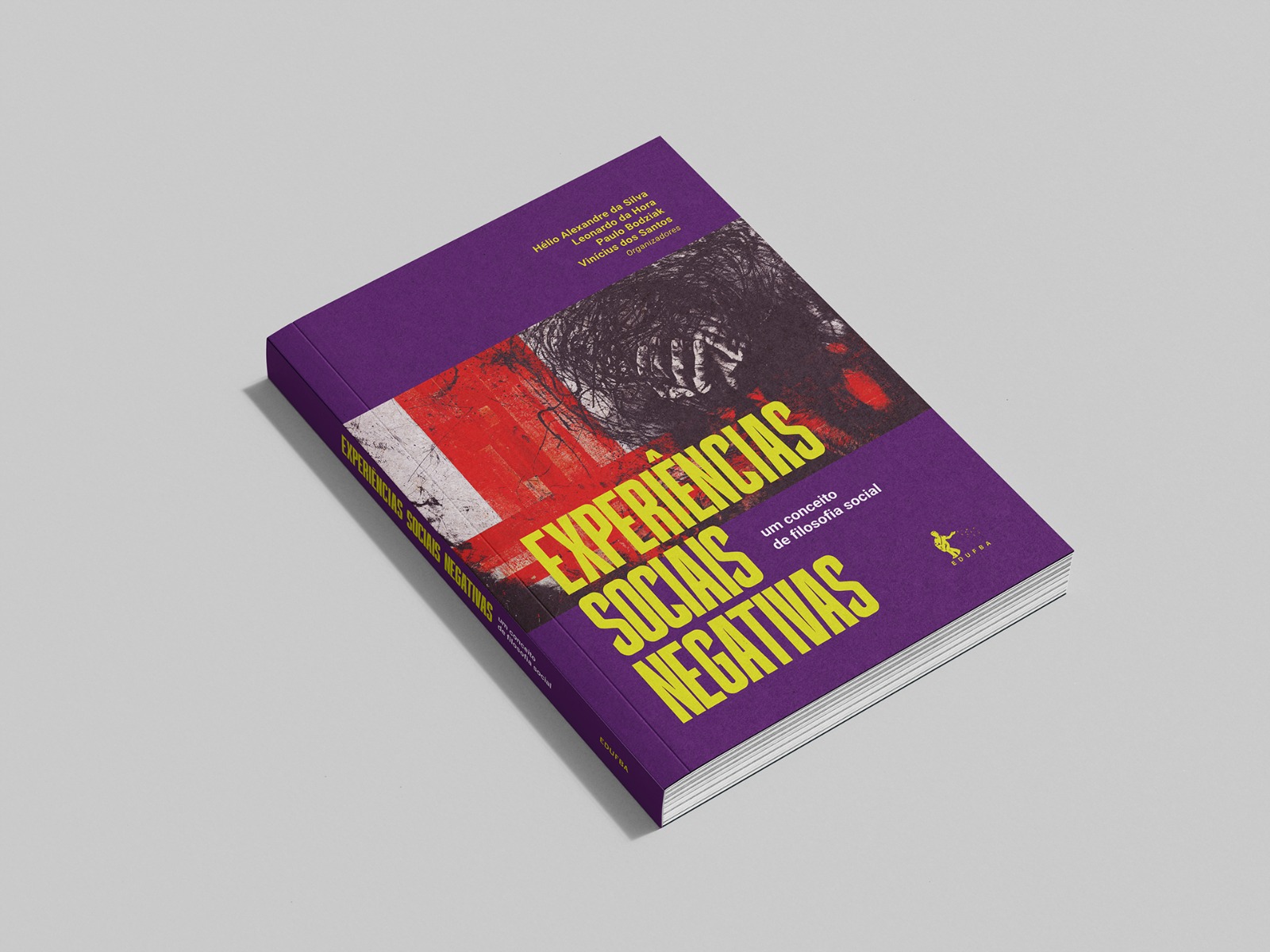The Center for Studies in Ethics and Political and Social Theory is pleased to announce the launch of the book Negative Social Experiences, a work that explores suffering and other negative experiences that shape the lives of certain individuals, from an interdisciplinary and critical perspective.
The book questions whether Philosophy and the Social Sciences can address the problem of suffering, a topic traditionally seen as the domain of psychology and therapeutic practices. The affirmative answer is grounded in the understanding that such experiences are not merely individual, but arise from socialization processes that structure individual lives. This perspective aligns with the concept of social pathology, arguing that a society or institution that structurally produces suffering, alienation, humiliation, or injustice should be considered pathological from a normative standpoint.
The book brings together various contributions that highlight the need for an interdisciplinary approach to understanding negative social experiences, breaking the divide between an individually-focused psychology and a sociological perspective that emphasizes the dialectic between individuals and society.
The book’s editors are the creators of the Permanent Seminar on Philosophy, Critique, and Society, which began virtually in 2021 during the COVID-19 pandemic. This seminar, now materialized in the form of this publication, reflects the collaborative efforts of Hélio Alexandre da Silva, professor at São Paulo State University “Júlio de Mesquita Filho” (Unesp); Paulo Bodziak, professor at the Federal University of Rio Grande do Norte (UFRN); and Leonardo da Hora and Vinícius dos Santos, professors at the Federal University of Bahia (UFBA).
Negative Social Experiences promises to be a valuable contribution to the fields of Philosophy and Social Sciences, offering new perspectives on the intersection of suffering, socialization, and social pathology.



